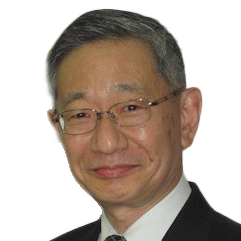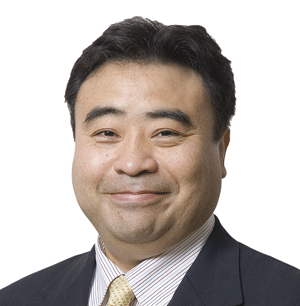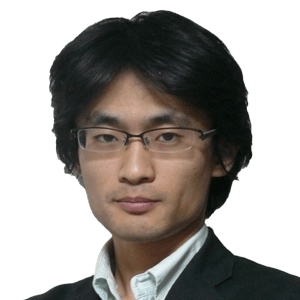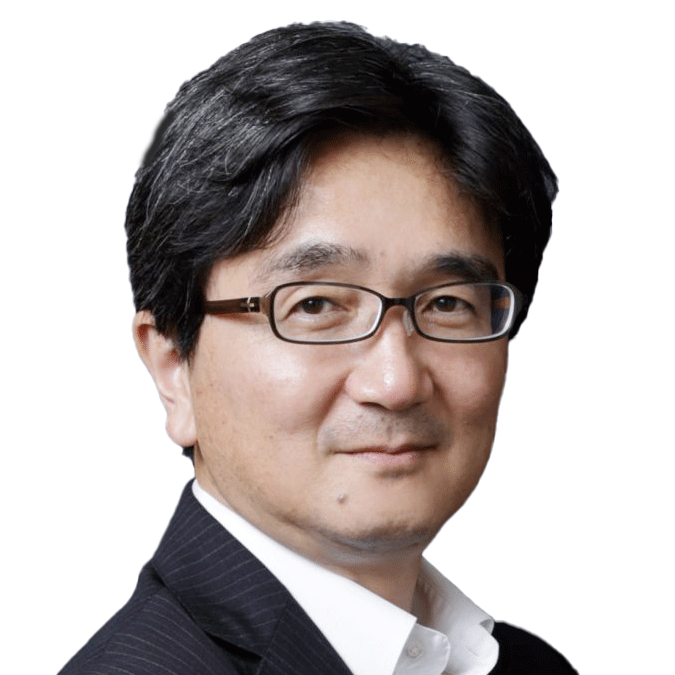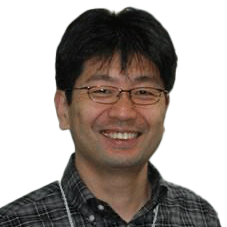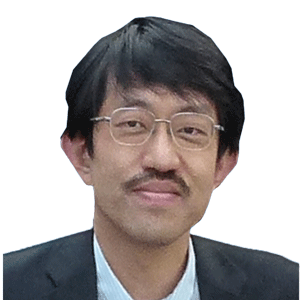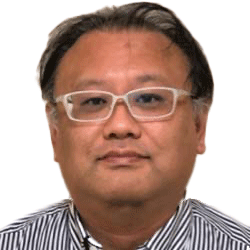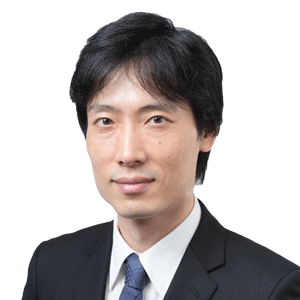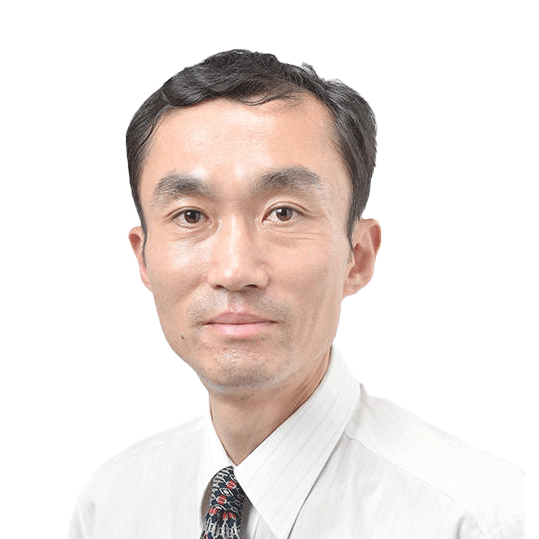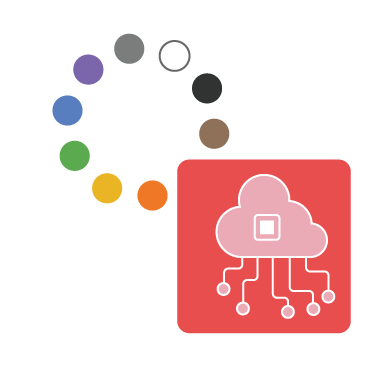
Network
Supporting the Development of an Advanced Digital Society
Information and communication networks have undergone a transformation from a mere communication infrastructure for computers to a communication infrastructure that supports the digital society. Today, information and communication networks are entering a new stage, involving all fields. Our Network Laboratory is responsible for the research and education that supports this technological innovation.
What is Network?
We are now in an age where everything is digitalized. It is no longer possible to talk about society without information and communication networks.
Many people have noticed visible changes in logistics, such as online shopping, the transformation of settlement structures brought about by digital currencies, new communication styles created by social networking services, and rapid and detailed information sharing that is resistant to disasters. In recent years, the Internet of Things (IoT) and ubiquitous computing have digitized systems in all fields, including transportation (railroads, self-driving cars, cab dispatch), electricity (including renewable energy), medical care, crime prevention, factories, and agriculture. Changes are taking place in places we cannot see. At the same time, the cyber attacks that threaten this digital society are becoming more sophisticated and serious. The Network Laboratory is the place where you can experience these changes firsthand and conduct cutting-edge research.
The technology of information and communication networks has developed to a level that exceeds the wisdom of many people, and is generating further development. This is due to the fact that the architecture of information and communication is very well designed. Not only the architecture, but also the technologies (e.g., wireless power transmission, location identification, cyber-attack resistance systems, etc.) and technological applications (e.g., automated driving, 3D media transfer, etc.) that make up the system are established through deep insights, sophisticated theories, and many trial experiments, making it an open challenge. It has become an open challenge.
We welcome students who are curious about the design of these ever-evolving networks and their new possibilities.
